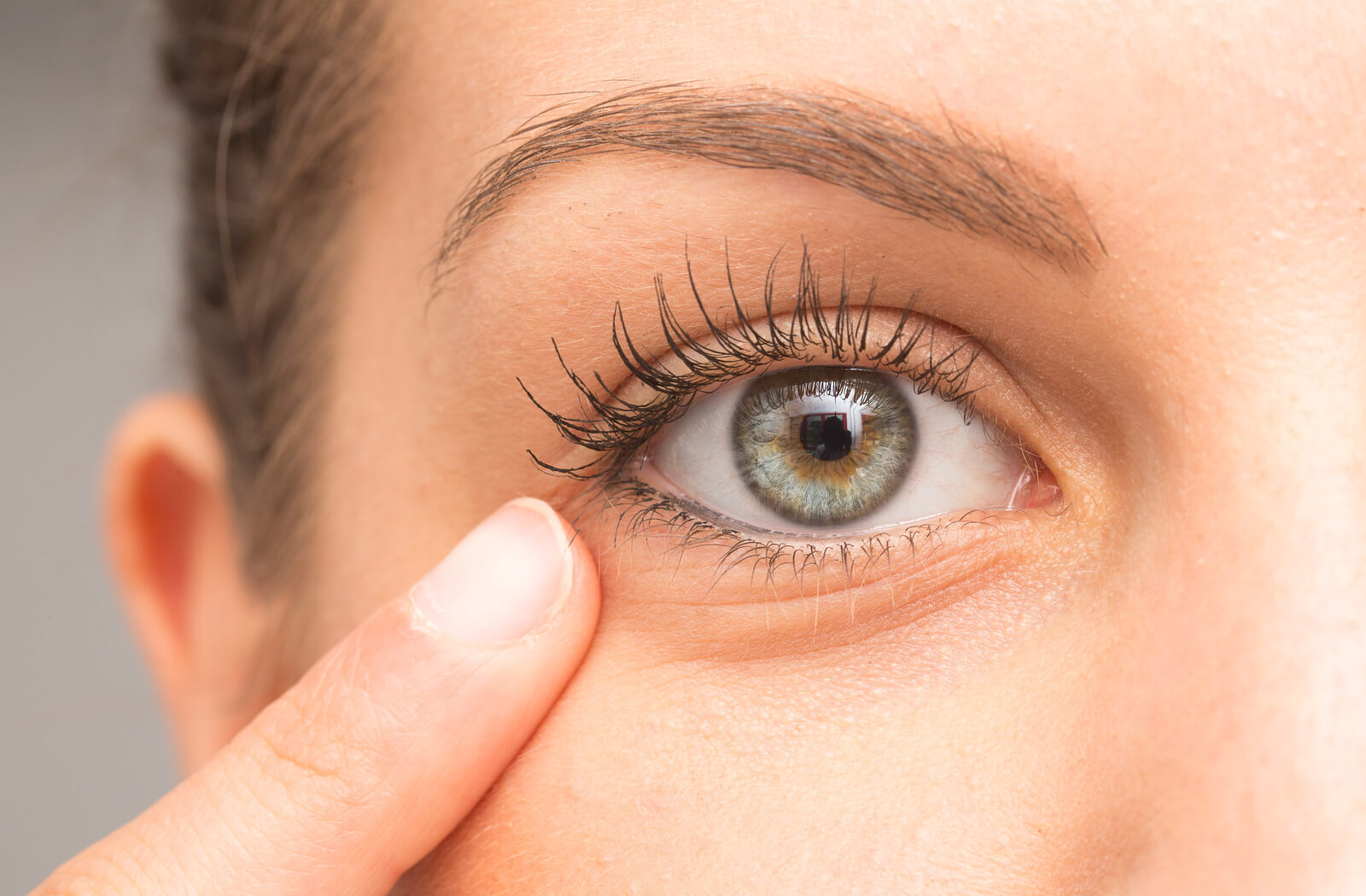Unraveling the Mystery: Why Does Hip Pain Travel Down My Leg?
Hip pain that radiates down the leg is a common complaint, often leaving people confused and concerned. This radiating pain, medically known as referred pain, can be caused by various underlying issues in the hip joint, lower back, or even the nerves themselves. Let’s embark on a journey to understand the culprits behind this discomfort and explore treatment options for a smoother recovery.
The Culprits: Unveiling the Root of the Problem
Several potential causes can trigger hip pain that travels down the leg. Here are some of the most frequent offenders:
- Arthritis: The wear and tear of cartilage in the hip joint, a hallmark of osteoarthritis, can cause pain that radiates down the groin, thigh, and sometimes even the knee.
- Sciatica: This condition arises from irritation or compression of the sciatic nerve, the longest nerve in the body, which runs from the lower back through the buttocks and down each leg. Herniated discs, bone spurs, or piriformis syndrome (a muscle spasm in the buttocks) can all impinge on the sciatic nerve, causing radiating pain, numbness, and weakness down the leg.
- Labral Tear: The labrum is a ring-shaped piece of cartilage that lines the hip socket, providing stability. A tear in this cartilage can cause pain in the groin and sometimes radiate down the inner thigh.
- Greater Trochanteric Pain Syndrome (GTPS): This condition involves inflammation of the bursae (fluid-filled sacs) around the bony prominence on the outer aspect of the upper thigh bone. Activities that stress the outer hip, like running or climbing stairs, can worsen the pain, which often radiates down the outer thigh.
- Muscle Strain or Sprain: Overuse or improper technique during exercise or activities can strain or sprain the muscles surrounding the hip joint. This can cause pain that may radiate down the leg depending on the location of the strained muscle.
- Referred Pain from the Lower Back: Sometimes, pain originating from the lower back due to conditions like facet joint dysfunction or sacroiliac joint dysfunction can be perceived as radiating from the hip and down the leg.
Diagnosis: Pinpointing the Source of the Discomfort
Identifying the precise cause of radiating hip pain requires a comprehensive evaluation by a healthcare professional. The evaluation typically involves:
- Detailed Medical History: The doctor will inquire about the nature of your pain, including location, intensity, duration, and activities that aggravate or alleviate it.
- Physical Examination: The doctor will assess your range of motion in the hip joint, check for tenderness, and perform specific tests to pinpoint the location of the pain and identify potential nerve involvement.
- Imaging Tests: X-rays may be used to rule out fractures or bone spurs. In some cases, an MRI scan may be necessary to visualize soft tissues like muscles, tendons, and the labrum for a more detailed evaluation.
Treatment Options: The Path to Relief
The treatment plan for radiating hip pain depends on the underlying cause. Here’s a glimpse into some common treatment approaches:
- Rest and Activity Modification: Reducing activities that aggravate the pain is crucial for promoting healing.
- Physical Therapy: Exercises tailored to strengthen the muscles around the hip joint and improve flexibility can significantly improve pain and function.
- Medication: Pain relievers like acetaminophen or ibuprofen can help manage pain. In some cases, stronger pain medication or anti-inflammatory drugs may be prescribed.
- Cortisone Injection: Injections of cortisone, a powerful anti-inflammatory medication, can be helpful for conditions like bursitis or tendinitis.
- Surgery: In severe cases, such as a large labral tear or a herniated disc causing significant nerve compression, surgery may be necessary to address the underlying issue.
Living with Hip Pain: Tips for Long-Term Management
Here are some lifestyle modifications that can help manage chronic hip pain and prevent future flare-ups:
- Maintain a Healthy Weight: Excess weight puts additional stress on the hip joint, worsening pain.
- Regular Exercise: Low-impact exercises like swimming, cycling, or walking can help maintain strength and flexibility in the hip joint.
- Proper Posture: Maintaining good posture while standing, sitting, and lifting objects reduces stress on the hip joint.
- Heat and Ice Therapy: Applying heat can help relax sore muscles, while ice can reduce inflammation.
FAQ: Addressing Your Hip Pain Concerns
Q: Should I be worried about radiating hip pain?
A: While not always serious, hip pain that radiates down the leg shouldn’t be ignored. Consulting a healthcare professional for proper diagnosis and treatment is crucial to prevent further complications and ensure a faster recovery.




